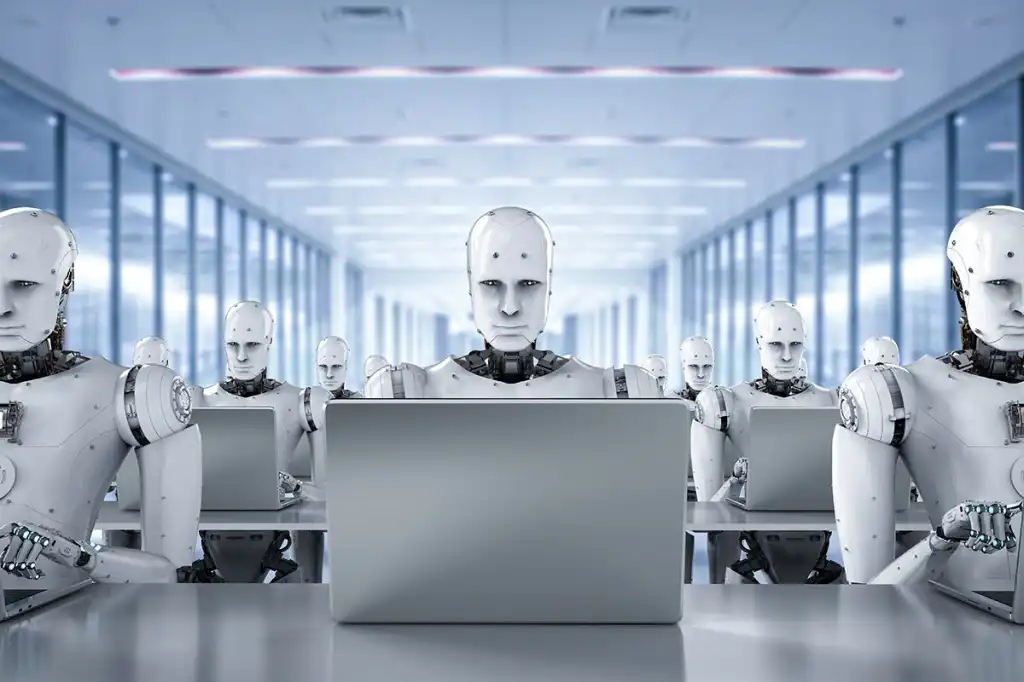Future-Proofing the Workforce: The Evolution of Software Industry Roles

The software industry is undergoing a significant transformation, driven by rapid advancements in technology and changing business needs. This evolution is reshaping the roles and skills required for future software industry staff.
One of the most prominent changes is the increasing integration of Artificial Intelligence (AI) and Machine Learning (ML) in software development. These technologies are automating routine coding tasks, bug detection, and even some aspects of software design. As a result, software engineers are now required to have a deeper understanding of AI and ML concepts to leverage these tools effectively. This shift means that continuous learning and adaptability are becoming critical skills for software professionals.
In addition to technical skills, the future software workforce will need to excel in areas that machines cannot easily replicate, such as creativity, problem-solving, and emotional intelligence. Roles like prompt engineers, who specialize in designing and optimizing AI-generated content, and AI ethicists, who ensure ethical standards in AI applications, are emerging as essential positions within the industry. These roles require a blend of technical expertise and soft skills, underscoring the importance of a holistic skill set in the future job market.
The rise of remote work and global collaboration is also influencing the software industry. Teams are increasingly distributed across different geographies, necessitating strong communication and collaboration skills. Tools and platforms that facilitate seamless remote work are becoming indispensable, and software professionals must be adept at using these technologies to collaborate effectively with colleagues and stakeholders worldwide.
Cybersecurity is another critical area where the roles of software industry staff are evolving. With the growing prevalence of cyber threats, there is a heightened demand for cybersecurity experts who can design secure systems, identify vulnerabilities, and respond to incidents swiftly. Knowledge of cybersecurity principles and practices is becoming a fundamental requirement for software developers and IT professionals alike.
Lastly, the focus on user experience (UX) and customer-centric development is reshaping the software development lifecycle. Software professionals are increasingly required to have a user-first mindset, integrating UX design principles into their work to create intuitive and accessible software solutions. This shift towards a more holistic approach to software development ensures that the end products meet the users’ needs and expectations.
The future of the software industry workforce will be characterized by a blend of advanced technical skills, continuous learning, adaptability, and strong soft skills. As technology continues to evolve, so too will the roles and responsibilities of software industry staff, making it essential for professionals to stay ahead of the curve through ongoing education and skill development.